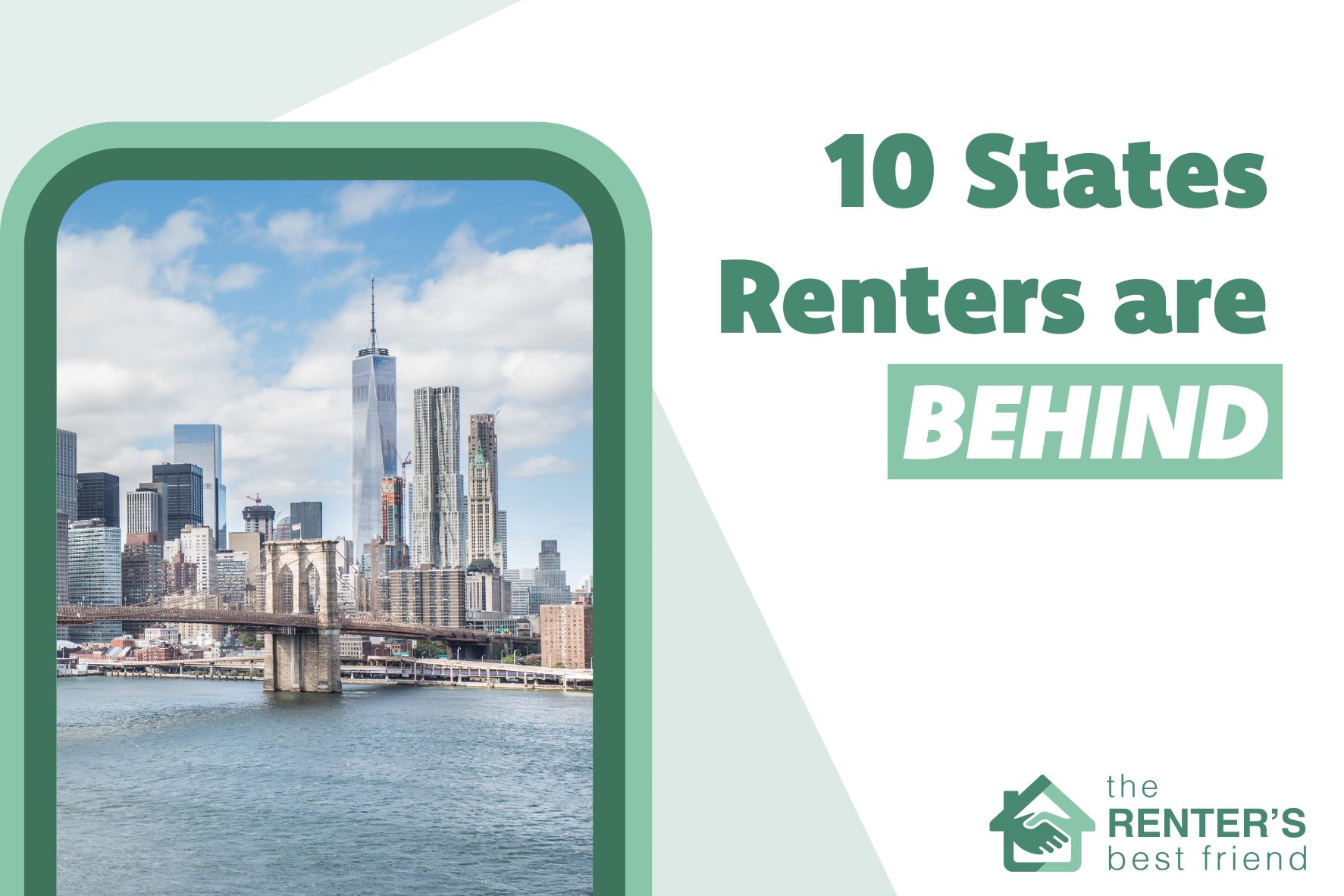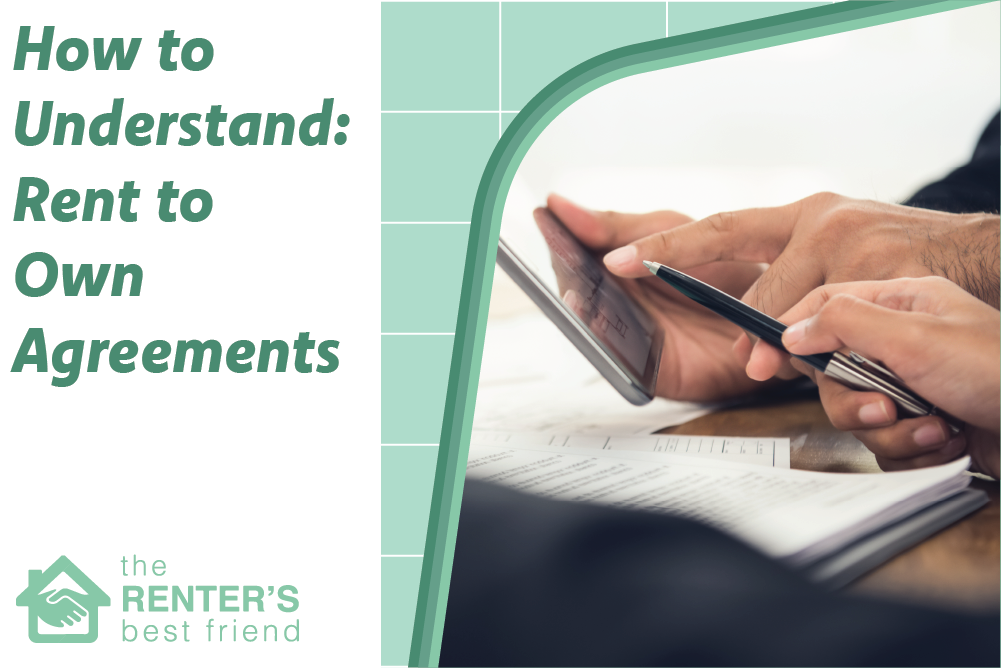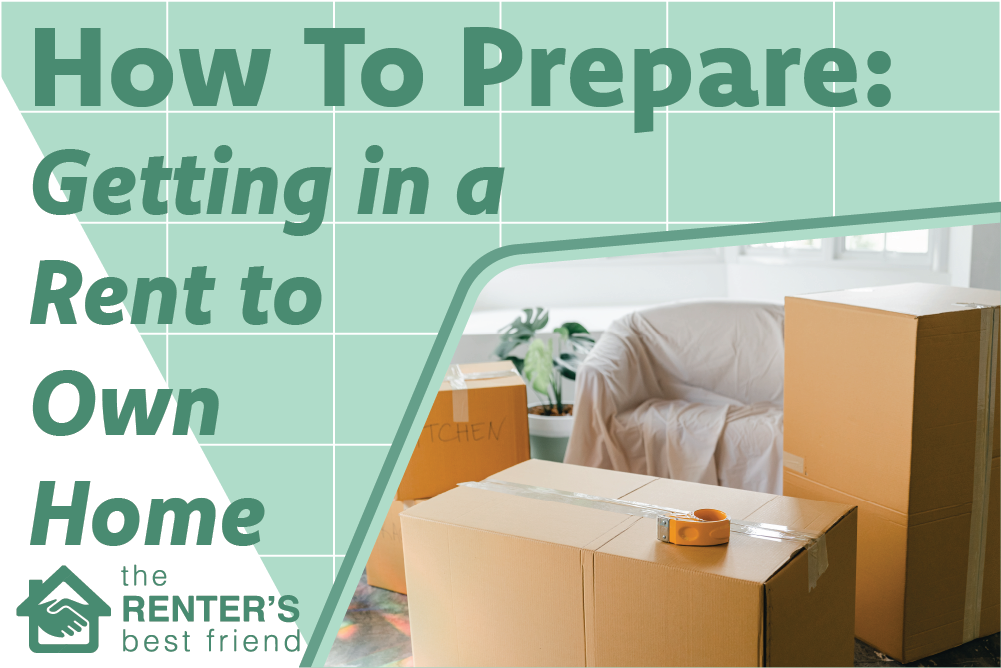Buying a house is an incredibly expensive endeavor. For many, it may even seem impossible. But in some areas of the country, it may actually be cheaper in the long run than continuing to pay rent. If you decide that you want to start putting money aside for purchasing your own home, read on to see how you can set foot on the path towards achieving your new goal.
First time homebuyer? Click here to get some help with your very first home purchase.
Top Tips for Saving for a New Home (While Renting)
Oh, one more thing before we dive in– if you feel like you need to beef up your existing credit score, you can click here to begin repairing your credit right now.
Set Your Savings Objective
The first step is calculating how much house you can afford, which will allow you to estimate how much you will need to set aside for a down payment and the additional expenses associated with purchasing a home. Depending on the load, mortgages tend to require a down payment that ranges anywhere from 3 to 20 percent of the total cost of the home.
Other expenses to consider are closing costs, moving, repairs, and additional furnishings. It is better to prepare for these things, even if it turns out that you are able to keep the cost of these things down when they are needed.
Top Tips for Saving
While it may be difficult to find ways to set aside large amounts of money at one time, there are many ways to trim your current expenses and save for the purchase of your new home. Purging things from your life and building a more realistic budget requires discipline and a focus on your future, but these tips will give you the rest of what you need to make this goal a reality.
Reduce Your Rent
Possibly the biggest change that you could make to your finances is, maybe not surprising, could also be making a big change in your life. There are a few options that could cut your cost of living.
- Renegotiate Your Lease: If you have been a great tenant or if you can promise to rent for a longer period, you could try to renegotiate your lease with your current landlord. This may not be an option in some cases, but it never hurts to ask.
- Find a Cheaper Place: Moving into a smaller or less expensive place might come with an upfront cost, but it could allow you to save more in the long run. You would likely save money on your energy bill in a smaller place as well.
- Get a Roommate: You might consider finding someone to move in with you that would split the cost of rent and other bills. Being able to set aside half of what you are spending on those expenses could certainly help. Ask friends and family who might need a place to stay or put out ads in local online communities. Just be careful and thorough when determining who you trust enough to live with.
- Rent-to-Own: Another option available to you is to sign a rent-to-own contract on a home. This could allow you to save money for that large down payment while being able to move into the property ahead of time. Plus a portion of your rent will be applied towards the eventual purchase of the home itself. Depending on the type of contract signed, you usually pay an upfront “option fee” that ranges from 2 to 7 percent of the purchase cost of the home. After renting the property for a specified period of time, you have the option to then buy the home from the seller. If you decide not to purchase at the end of that contract, however, you lose the money from the option fee.
Pay Off Debt
Although it may feel counter-intuitive to pay more money while you are trying to save it for a large purchase, it could be well worth it in the end. If you have a high debt-to-income ratio when you apply for a mortgage loan, lenders may decide not to qualify you. Lowering your outstanding debt can affect your credit score in a big way and could even net you a lower interest rate when you purchase your home.
If you have a large amount of debt spread to many different lenders, you may want to consider a debt consolidation loan, which would put all of your various debts into one monthly payment. Just make certain to vet which lender you use and make certain that the interest rate is something you are willing to pay.
On that same note, you should avoid adding more debt to your credit report.
Establish Some Budgeting Basics
Once you have determined the financial goal needed for the purchase of a new home, you need to figure out a reasonable budget and adhere to it. Normally, some advisors say to follow the rule of 50/30/20, where a portion of each paycheck is split into three categories:
- 50% – essentials such as food and housing
- 30% – lifestyle such as dining out and other entertainment
- 20% – financial priorities such as debt, student loans, retirement, and savings
While it may be a challenge, you might want to try moving 5 to 10 percent of your lifestyle budgets into the financial category; particularly into savings. It may even be beneficial to consider opening a separate savings account that is specifically geared towards your future homeownership. Having a separate account can help you better keep track of just how much you have saved, informing you of exactly how close you are to hitting your goal.
Keep in mind that while most larger brick-and-mortar banks are not currently offering high-yield savings accounts, there are many online banks that do.
Save More from Your Income
There are even possible ways to save with the money that you may already be earning in your job. If you get a raise, consider maintaining your current budget and instead putting aside the extra money from each paycheck towards your savings. Another option could be to change your tax withholdings so that more of that money goes towards the eventual purchase of your home as well.
You could also consider pausing your contributions towards a retirement fund. However, you will want to remember to renew those contributions as soon as possible.
Trim Unnecessary Spending
If you are like most people, there are likely a lot of areas where you could cut back on extra expenses. While many of these things are enjoyable comforts, you might want to ask what you can temporarily do without in order to more quickly achieve your goal. Many of these things can still be enjoyed if you opt to do them from home instead, or simply reduce how often you spend money on them.
Below are a few recommendations of where to make small changes that could yield large amounts of savings over the course of just a single year.
- Entertainment: streaming subscriptions, cable, movies, concerts, sporting events.
- Self-care: gym membership, salon, spa, massage, manicure
- Dining: food delivery, take-out, fast food, dine-in restaurants, daily morning coffee
- Vices: alcohol, cigarettes, etc.
- Travel
There are also even ways to try to cut down on the services and goods that are necessary. Here are some ways that you might be able to reduce how much you are spending on these kinds of bills:
- Energy-efficient lighting
- Walking or biking to nearby locations
- Taking public transportation
- Less expensive auto insurance
- Cheaper cell phone plan
- Slower internet plan
- Turn down the heat or air conditioning when away from home
- Unplug chargers and turn off lights when not in use
- Buy store-brand items at the grocery store
Look Outside Your 9-to-5
Another possibility is to secure an additional source of income to help save money for the purchase of your new home. More and more people are picking up side gigs as a way of bringing in more cash already, and there are a lot of these kinds of jobs that are in demand. Here are a few recommendations:
- Delivery (DoorDash, GrubHub, Instacart, Postmates, etc.)
- Driver (Lyft or Uber)
- Freelance work
- Sell artwork or crafts on online marketplaces
- Have a garage sale (ask family or friends if you need a place to host)
- Sell things secondhand on online marketplaces
- List your place on places like AirBnB or VRBO (check your rental agreement to see if this is allowed)
Save Windfalls & Refunds
If you are fortunate enough to receive a windfall, such as an inheritance or a large financial gift, consider putting as much of it as possible directly into your savings. Another time to consider this option is during tax season. Resist that urge to spend your tax return to treat yourself with impractical purchases and instead put it all towards your future home.
Apply for Assistance
There are many mortgage lending companies that offer first-time homebuyer loans and programs. These could help tremendously by covering a portion of your down payment. There are also grants available, depending on the state in which you live and even for certain occupations, such as teachers and first responders.
Setting aside enough savings to afford the purchase of a home while you are renting can be a daunting prospect. But owning your own home is possible if you can dedicate yourself to smart saving and thrifty spending. And as hard as it may be for a little while, just know that the little sacrifices you choose to make now with be worth it once you are holding the keys to your brand new home.
If your credit is in need of repair, click here to get started!














